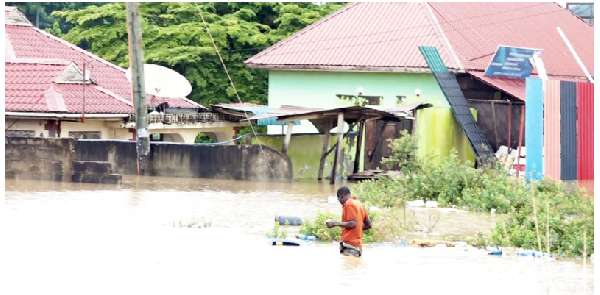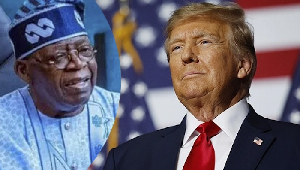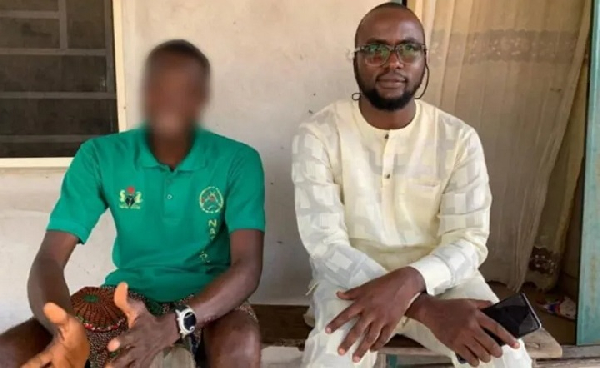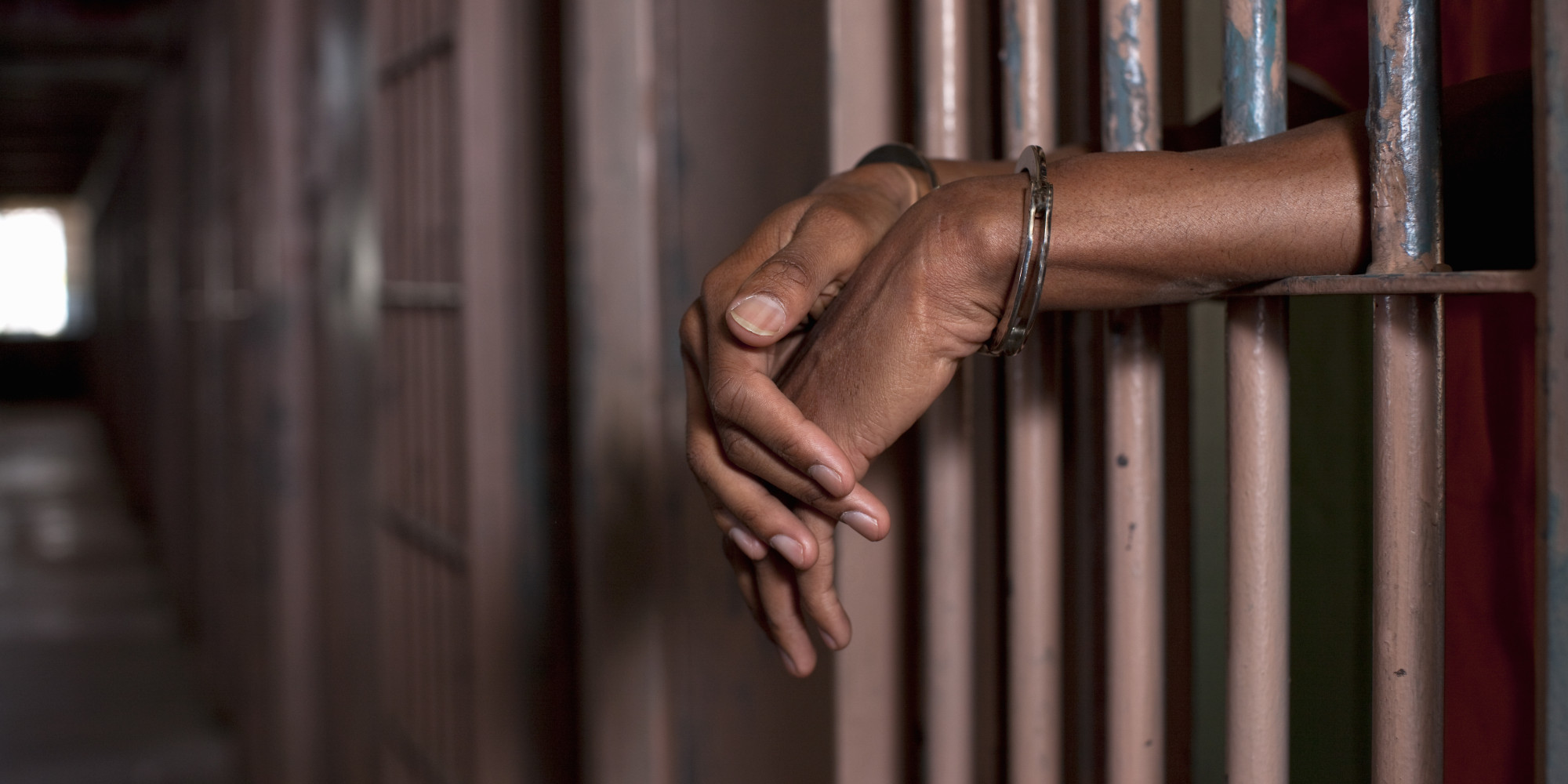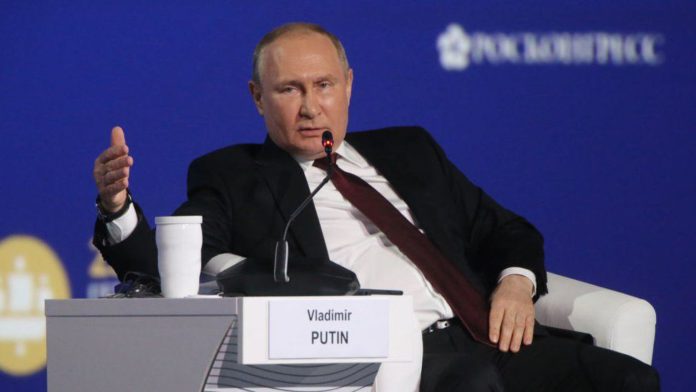News Africa
Russia and Africa Behind the Headlines: Competing and Cooperating into the Future
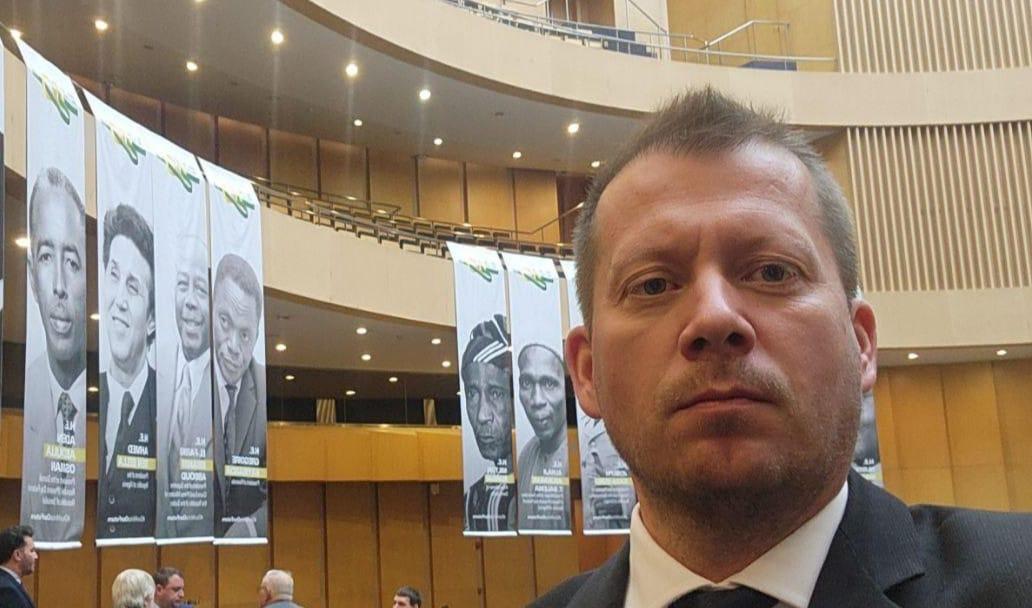
As already known, Russia has had cordial relations, without any dark colonial past, with Africa. Soviet Union supported African countries in their struggle for political independence and in building their statehood, and now Russia continues to share and support the aspirations of African States as enshrined in the African Union’s Agenda 2063. In furtherance to these aspirations, it is currently closing the media gap which remains a challenge for both Russia and Africa. After the first Russia-Africa summit held in October 2019, Russia has taken altruistic steps toward building its own media network inside Africa which underscores strong commitment and progress in media cooperation and scenario of partnerships.
In this insightful interview, Alexander Evstigneev, Head of Russkiy Dom (Russia House) in Addis Ababa, Ethiopia, highlights the primary fact that accelerating sustainable development in the continent through bilateral relations requires stepping up more efforts within the geopolitical context, especially informing the politicians, the academic and entrepreneurial communities of emerging economic opportunities, and to strengthen socio-cultural interactions and political dialogues between Russia and Africa. Here are the interview excerpts:
– To begin with, how would you assess the current media cooperation between Russia and Africa?
– In my opinion, we can say that cooperation between the Russian Federation and Africa in the media sphere is intensifying, and on our initiative. We consider this a positive trend, it is important for us. In addition, there is a certain amount of excitement in this – to enter the media market of the African continent after a relative lull, to convey the position of our country. In my opinion, we are interesting to Africa, since Russia is a major geopolitical player, on the one hand, and on the other – a long-standing partner and friend of African countries. Russia does not have a dark colonial past. On the contrary, if we recall the history of the 20th century – our country has always helped African countries in the struggle for independence and in building statehood. We are sure that Russia is associated with this. And now the time has come, we have the strength, opportunities and desire to tell about our country at the current historical stage. I would say, to update the information. Over the past 30-20-10 years, Russia has changed a lot for the better. From the point of view of economics, technology, gaining sovereignty and building a global security system.
– Do you think that there is a major disinformation and disinformation campaign against Russia on the African continent?
– This is happening not only in Africa. We see attempts to discredit Russia, to spread biased and outright false information about our country. This is especially true for the special military operation, Russia’s foreign policy efforts. This is part of the hybrid war declared on our country by those who are trying to maintain their dominance, to keep the world unipolar. We are ready for such challenges, we take it calmly. In order to counter the anti-Russian campaign, we have diplomatic means, the UN tribune and, of course, media resources. Look, the Russia Today TV channel and the Sputnik agency are now broadcasting on the African continent, and their audience is growing due to this honest, objective information. It is presented to the African audience in a respectful manner. After all, honesty is, first of all, respect for viewers and readers.
– Based on the above, do you think that frequent media exchanges and the creation of objective content can be useful for informing the African public?
– You are absolutely right. When we invite journalists from African countries to Russia, we give them the opportunity to form their own opinion about our country. Moreover, we would like foreign journalists to analyze the principles by which the Russian press follows. There are objectivity, restraint, and self-control. We can see how the standards of Western media, which have been considered a benchmark for many years, have changed for the worse. How blatantly they manipulate public opinion.We would like to say: “Now look at how the largest Russian state-owned media holdings, TV channels, and news agencies work. Compare it.”
– A few words about the significance of the African media group invited, for instance in early August, to the Russian Federation for a press tour. And why only now, during this period of geopolitical confrontation and changes?
– The theme of the press tour is food security. We have been holding it for the second year in a row. Food security is not only a challenge for Russia, but also for other countries around the world. As the largest supplier of agricultural products, Russia plays a special role in this issue, but the problems associated with food security also affect African countries, as demonstrated by the “Grain Deal”, which was meant to help African countries receive necessary products, but was turned into a political campaign against Russia. The same situation was for fertilizers, which we were ready to give to the poorest African countries for free. However, these fertilizers are still being held in European ports despite being humanitarian cargo that should not be subject to sanctions. Despite these challenges, we remain committed to working with Africa and other countries to find solutions to food security and promote sustainable development. And we are inviting journalists from all over the world to come and see everything with their own eyes, to ask questions and get honest answers.
– Do you also think that local Russian media are expanding their activities and network within Africa? And what about the opposite and why is the Ministry of Foreign Affairs extremely indifferent to the accreditation of African media in the Russian Federation?
– As I mentioned earlier, Russia Today, Sputnik, and hundreds of other private media and Telegram channels are currently active in Africa.A number of African TV stations, for example, in July, the Ethiopian agency ENA, signed contracts with TV BRICS. This is a new media that covers news not only from the BRICS countries but also from around the world. I would like to emphasize that the Russian media have been interacting with their African colleagues for a long time. Our news agencies and TV channels have invited and are inviting African journalists to trainings and international competitions. Remember the “Stenin Contest”, a competition in memory of the Russian journalist Andrei Stenin, who was killed by Ukrainian troops. For 10 years now, thousands of photographers from all over the world have been participating in it every year. The international prize for journalists working in hotspots, it bears the name of Khaleb al-Khatib, the Cameroon who lost his life in Syria. Currently, our agency, Rossotrudnichestvo, coordinates press-tours, training sessions, and courses for African journalists. We would be grateful if African media share their ideas for collaboration in the field of journalism. We are always open to cooperation.
Source: Thepressradio.com| Kestér Kenn Klomegâh

